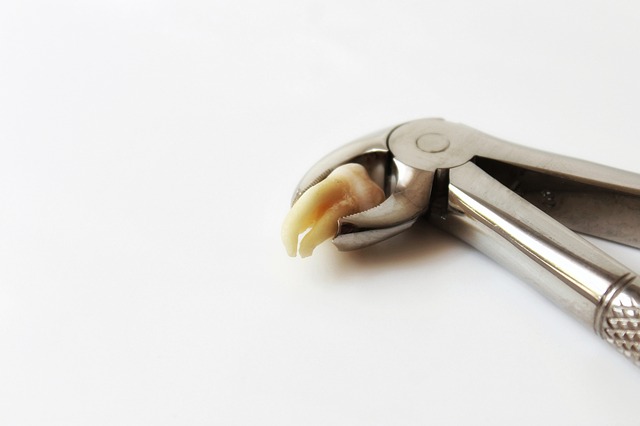Wisdom tooth extraction is one of the most terrifying dental procedures
Wisdom tooth extraction is one of the most terrifying dental procedures. Everyone has heard of dry sockets or infections that occurred after wisdom teeth extractions. What many people don't realize is that wisdom tooth removal can be simple and pain-free if it's done early enough.
Most dentists will monitor the growth and placement of these teeth during the teen years. They will recommend removal when the time is right based on the patient's age and tooth growth. It is important to stay on track with regular dental checkups to make sure that these teeth are removed at the optimum time.
Wisdom teeth usually grow between the ages of 17 and 24 years.
Usually four teeth appear, two on top and two on the bottom. Some people do not get all four teeth in a condition called hypodontia. Wisdom molars are known as third molars because they are located at the back of the mouth, behind the second molars.
Dentists usually recommend removing wisdom teeth early to avoid major dental complications that can arise over time. The older the patient, the more difficult the removal can be because the teeth are firmly attached to the jaw. What should be a simple dental procedure becomes more complex the longer you neglect it.
It is suggested that the wisdom tooth be removed due to the lack of space on the jaw for this extra tooth.
The jaw is usually not big enough for these extra teeth and as a result, the rest of the teeth end up being too crowded. Often the tooth grows laterally or at an angle due to the limited space and curvature of the jaw. When this happens, the tooth is considered affected and complications can arise.
Impacted wisdom teeth can damage adjacent teeth and require additional dental procedures to repair adjacent teeth. Infection can also occur where food can get trapped between crowded teeth or under the gums where flossing is difficult.
It is up to the patient to decide if they are ready to have their wisdom teeth extracted, however, most dentists will encourage removal while the dental procedure is still simple. Complications can arise if the wisdom tooth is not removed in the suggested time.
The older the patient, the higher the risk of nerve damage after the procedure.
As a result, paresthesia or tingling of the chin, lips, or tongue can occur. Paresthesia can last from several days to several months. This condition is rare in adolescents and reaches 10% in people older than 35 years. Cysts and tumors can also develop if given enough time. Not to mention that the healing process will be faster and easier for younger patients.
While wisdom tooth extraction can be a simple and pain-free dental experience.
However, there are risks of complications, regardless of the patient's age. Dry socket is the most common complication. In a dry socket, the blood clot is dislodged from the hole where the tooth was. This condition is very painful and is not easily relieved with pain relievers.
Patients are encouraged not to smoke or drink from a straw to avoid a dry socket. Abscess, swelling, pain, and excessive bleeding are also other potential complications. A dentist can evaluate any problems he has and recommend additional dental treatments or prescribe antibiotics or painkillers.
Complications after wisdom tooth extraction.
Sometimes wisdom removing teeth is the best idea to avoid further problems in the future. However, problems can also arise from wisdom teeth extractions, which is why your dentist may sometimes just give you antibiotics and then suggest you brush your teeth well to avoid further infection.
Problems can include:
- Trismus: difficulty or pain in the jaw.
- Damage to existing dental work, such as crowns
- Gums can be slow healing.
- Dry socket: A painful inflammation that can occur where your wisdom tooth was if you lose the protective blood clot layer too soon (usually due to not following your dentist's instructions after surgery, by smoking, etc.)
- Rare side effects such as a hole in the nasal cavity (if a tooth was removed from the upper jaw), permanent numbness or a jaw fracture.
In this case, you and your dentist will have to weigh the pros and cons of tooth wisdom extraction. Not removing it can cause serious problems in the future, and in older adults when they undergo surgery, more problems can arise.
That's it for today. If you feel there is something useful, please share this with your loved ones, and don't forget to reveal your thoughts in the comment box. Or if you have any great ideas or any questions, don't forget to share them by commenting. Until then, be happy, keep smiling, keep asking questions, and please keep reading my articles. See you in the next article.

Comments
Post a Comment